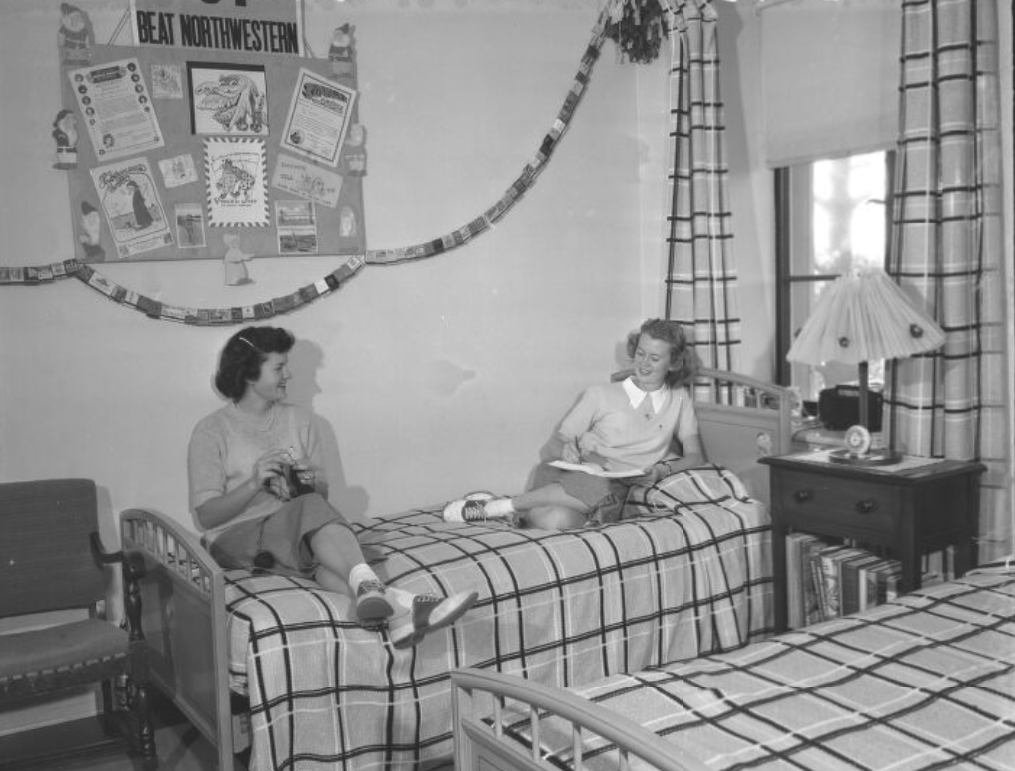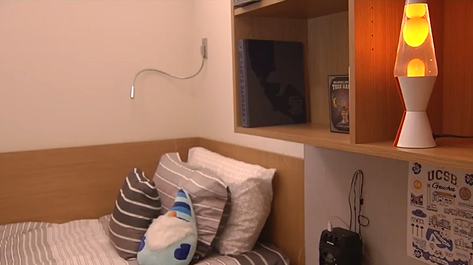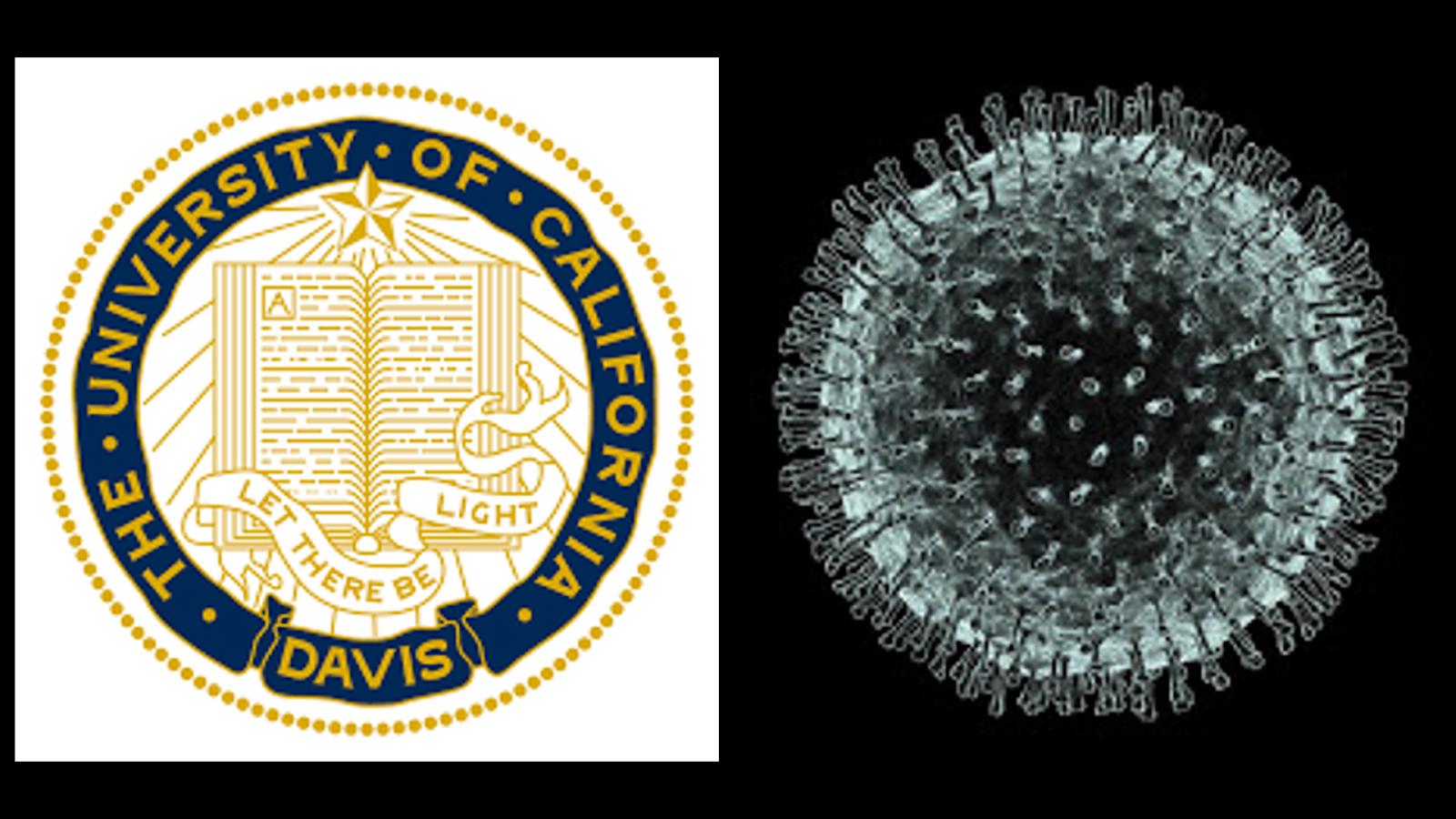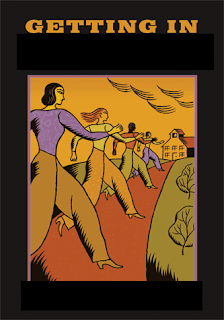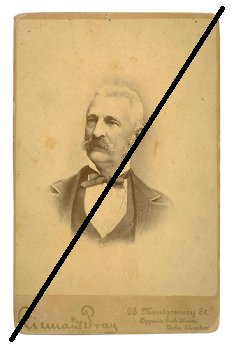As blog readers will know, the UCLA/Big Ten issue came up in closed session at the Regents yesterday. Rest assured that we have followed our standard practice of preserving ALL of the open session recordings, since the Regents delete them after one year for no apparent reason. We will review the various sessions as time permits.
Note, however, that this time there were two snafus in regard to the Regents' recordings. As of this posting, the Compliance and Audit recording that the Regents posted omits some of the beginning of that segment. More importantly from the perspective of the Big Ten issue, 38 minutes of audio of the Regents' open session in which they discussed delegation of authority - a topic triggered by UCLA's Big Ten move - is missing! Yours truly has emailed the interim secretary of the Regents asking that corrected copies of both defective recordings be posted. Whether that will happen is unknown. It may be that only defective recordings exist.
Now let's get to the Big Ten matter. We don't know what was said in closed session, of course. But someone - probably a Regent - leaked a copy of a letter sent to all Regents by George Kiliavkoff, Commissioner of the Pac-12, to the New York Times pleading with the Regents to reverse UCLA's decision. The letter, which we reproduce below, does not address the legal ramifications of undoing a deal agreed to by an authorized agent of the Regents. As we have noted in prior blog posts, the Regents' general counsel has taken the position that the Regents have the power to order Chancellor Block to undo the deal. They don't, however, have the power to prevent themselves from being sued for such a step. (And, of course, they have no power whatsoever over what USC does.)
The New York Times also revealed that Chancellor Block informed UC President Drake as a courtesy about the deal. So, Block was not operating in a rogue fashion. From the New York Times:
...So when U.C.L.A. was deep in talks with U.S.C., the Big Ten and its media partner, Fox Sports, U.C.L.A Chancellor Gene Block informed Drake, the U.C. president who oversees the university chancellors. Drake is a seasoned participant in that world, having served as chair of the N.C.A.A. Board of Governors when he was the president at Ohio State...
It should be noted that in the past, the Regents have not wanted to reverse decisions of campus chancellors. In the UCLA case, when the UCLA hotel project went to the Regents, they initially castigated the UCLA presentation and information provided by Block and other UCLA administrators, and they held up approval. But, in the end, they went along with the project. Note that in the hotel case, UCLA did not have the legal authority to go ahead without approval by the Regents. In the Big Ten case, it did have the authority. So, reversing UCLA - apart from any litigation that might result - would be a major decision and precedent. To the extent that the Regents assume the role of managing UCLA athletics, and to the extent that the athletics program has continuing budget problems, UCLA could legitimately present the bill to the Regents. If they make the decisions, the costs of those decisions are theirs.
As we noted, the closed session on the Big Ten move was listed as a "discussion" of the matter; it was not listed as an "action" item. So, unless the Regents schedule a special off-cycle meeting (as they did in August), the matter is now deferred until November, the next regularly scheduled meeting. Undoubtedly, there will be discussions of some type before then. But note that the Regents are constrained by open meetings requirements. Even when they meet in closed session, a notice must be given. They can't just get together informally and chat about what to do.
---
The New York Times coverage, including the Kiliavkoff letter, is at:
https://www.nytimes.com/2022/09/22/sports/ncaafootball/ucla-big-ten-uc-regents.html; https://www.nytimes.com/interactive/2022/09/22/sports/ncaafootball/23pac-12-uc-regents-letter.html
---
We reproduce the Kiliavkoff letter below:
September 20, 2022
(Name of recipient and salutation blacked out)
On behalf the Pac-12 Conference and in the interest of assuring all perspectives are considered in your deliberations, I wanted to reach out ahead of the UC Board of Regents September 22 discussion regarding UCLA's decision to leave the Pac-12 Conference and join the Big Ten Conference. The purpose of this letter is to provide facts and context with respect to the impact of that decision on the UCLA student athletes, the UCLA community and our Conference membership, including UC Berkeley.
As a Conference, we were extremely surprised and disappointed by UCLA's decision to leave for the Big Ten. The Pac-12 has a storied tradition of more than 100 years marked by athletic and academic excellence, and UCLA has been integral to that excellence as a very successful member of the Pac-12, winning 119 team NCAA titles (second only to the Pac-12's Stanford University) across 20 sports.
UCLA's decision to leave the Conference that it has been a member of since 1928, and its other flagship UC university in UC Berkeley, abandons our shared value of supporting the well-being of student athletes. Should UCLA's decision stand, it will damage the fabric, century old history, rivalries and familial ties of the Pac-12.
While we acknowledge that overturning UCLA's decision would be significant for the UC Board of Regents, we believe that the impact of UCLA's decision on the young women and men who it is charged with supporting warrants such an outcome. We also want to ensure [sic] the UC Board of Regents that should UCLA remain in the Pac 12, they will not only be welcomed with open arms, but be assured of a future of continued growth and success.
We have five significant concerns with UCLA's decision, described in more detail below.
1. Significant impact on student-athlete physical and mental well-being, which effects [sic] both academics and athletics
Our mission at the Pac-12 is to develop the next generation of leaders by championing excellence in academics athletics, and the well-being of our student-athletes. With a mission to support our student-athletes, we are very concerned that UCLA's decision to join a conference located in the Central and Eastern time zones will unquestionably place much greater physical and mental stress on student-athletes because of significantly increased travel, and cause more hours and days away from campus, impacting both academic and athletic success.
We know from published medical research by the National Institutes of Health, studies conducted by the NCAA, and discussions with our own student-athlete leaders that significant additional travel, including repetitive travel across 3 time zones, impacts student-athletes physical and mental well-being and their academic pursuits.
These increased travel demands require student-athletes to travel across multiple time zones regularly, which disrupts sleep, mood, and physical and cognitive function for days after travel and has cascading personal effects. In fact, a common medical guideline is that a body requires one day to adjust for each time zone crossed.
From our calculations based on nine of the UCLA teams with regular season conference travel schedules (football men's and women's basketball women's volleyball, women's soccer, baseball, men's and women's tennis, and softball) UCLA student-athletes competing in the Big Ten will fly 159% more air miles and drive 44% more bus ground miles than they do today in the Pac-12. Longer flight and bus times add up over the season and will result in fewer days on campus with their fellow students focused on education . Even if UCLA athletics decides to charter more flights, UCLA student-athletes will face, on average, double the days missed on campus.
2. Significant hardship for the families of UCLA student-athletes and UCLA alumni
Beyond the travel hardship for student-athletes, we are also concerned by the significant additional burden UCLA's decision puts on families of student-athletes and loyal, invested alumni.
With almost all away, conference games occurring at least 2,000 miles from campus, the families of UCLA student athletes will face longer and more expensive trips to watch their kids compete. 70 percent of UCLA alumni live on the West Coast and will face similar travel and expense to watch the Bruins play away games.
3. Significant negative impact on UCLA expenses
Despite all the explanations made after the fact, UCLA's decision to join the Big Ten was clearly financially motivated after the UCLA athletic department managed to accumulate more than $100 M in debt over the past three fiscal years. The financial uplift to UCLA as an impetus for its decision has been widely touted by the media and in public discourse.
While it is true that the Big Ten Conference has recently announced a large media rights deal and distributions from the Big Ten to its member schools will be larger than distributions available to Pac-12schools from the Pac-12 Conference for the near future, UCLA membership in the Big Ten will also require significant additional athletic department expenditures. By our estimates, UCLA's additional travel costs, competitive salaries, and game guarantee expenses will more than offset ALL the additional revenues that UCLA will generate from the Big Ten's media rights deal.
UCLA currently spends approximately $8.1 M per year on travel for its teams to compete in the Pac-12 Conference. UCLA will incur a 100% increase in its team travel costs if it flies commercial in the Big Ten ($8.1 M increase per year), a 160% increase if it charters half the time ($13.1 M increase per year), and a 290% increase if it charters every flight ($23.7 M increase per year).
Beyond travel, we also expect UCLA to increase expenses to compete with the average Big Ten athletic department. Based on UCLA's latest expenses, normalized to the average Big Ten athletic departments [sic] budget and size, UCLA will have to increase its head coaches salaries & bonuses by 19%, its assistant coach salaries by 13%, its guaranteed expenses by 122%, and its administrator salaries by 27% This represents approximately $15 M in additional annual expenses just to compete at an "average" Big Ten budget. Finally, UCLA will likely face other increased annual expenses to compete as a member of the Big Ten in marketing, fundraising, recruiting, and game operations.
Any financial gains UCLA will achieve by joining the Big Ten will end up going to airline and charter companies administrators [sic] and coaches [sic] salaries, and other recipients rather than providing any additional resources for student-athletes.
4. Significant negative impact on Pac-12, and by extension Cal, revenues
In the last public Regents hearing on this topic, the impact of UCLA's decision on the Pac-12 media rights was addressed. Since UCLA's announcement, the Pac-12 has been negotiating its next broadcast agreements. As a result of the timing, we have robust market data regarding the current value of UCLA to our Conference's overall media value, as well as the adverse impact this move would have specifically on UC Berkeley.
Our experts agree that losing both Los Angeles schools (and therefore the LA TV market) and the brands of USC and UCLA would most likely reduce the total Pac-12 media value by up to 30%. This reduction in total value needs to be offset by the fact that a new media revenue deal would only be shared among 10 schools rather than 12. As a result, the actual reduction in media dollars for each of our 10 remaining schools would be reduced by up to 16%.
It is difficult to disclose exact projections on the financial harm to UC Berkeley and other Pac-12 schools of UCLA leaving the Conference without disclosing confidential information related to our ongoing media negotiations. That said, a 16% reduction in media revenues is significant because media revenues comprise approximately 65% of the Conference's revenue distributions to its members.
We believe reversing UCLA's decision to leave the Pac-12 would offset more than half of the financial damage to UC Berkeley caused by both Los Angeles schools leaving because it would return Los Angeles, the second largest US TV market, to the Conference.
Beyond the financial impact, UCLA returning to the Pac-12 would create more stability that will ensure the future success and growth of both UCLA and UC Berkeley, along with all Pac-12 members. There is urgency in this situation, however. We are currently negotiating our next media rights deal and are soliciting bids with and without UCLA. If we are forced to sign a deal without UCLA, the financial harm will be locked in for years to come.
5. Significant negative impact on UC system's stated goal of reducing carbon emissions
A final concern relates back to the additional travel required of UCLA in joining the Big Ten and its impact on the overall stated climate goals of the UC system. UCLA's additional travel and carbon output resulting from a move to the Big Ten and the associated increased travel which by one recently published estimate will result in 1,788 tons of additional emissions per year will have a significant negative climate impact and runs counter to the efforts and investments of the UC system and directly contradictory to UCLA's public commitment to achieve climate neutrality by 2025.
For all the above reasons, and most importantly for the current and future generations of UCLA student-athletes, we would strongly support a decision by the UC Board of Regents to reverse the decision made by UCLA. I realize this brief letter only touches on questions you and your fellow Regents may have about the impact of UCLA's decision. If you would like to discuss it further or would like additional information, please feel free to contact me. In addition, I am available and would be happy to come testify in more detail at your convenience as the UC Board of Regents continues to review UCLA's decision.
Thank you for your consideration.
Best regards,
George Kiliavkoff
Commissioner
===
To hear the text above, go to the link below:
https://ia601402.us.archive.org/25/items/big-ten/regents%20big%20ten%20sept.mp3





